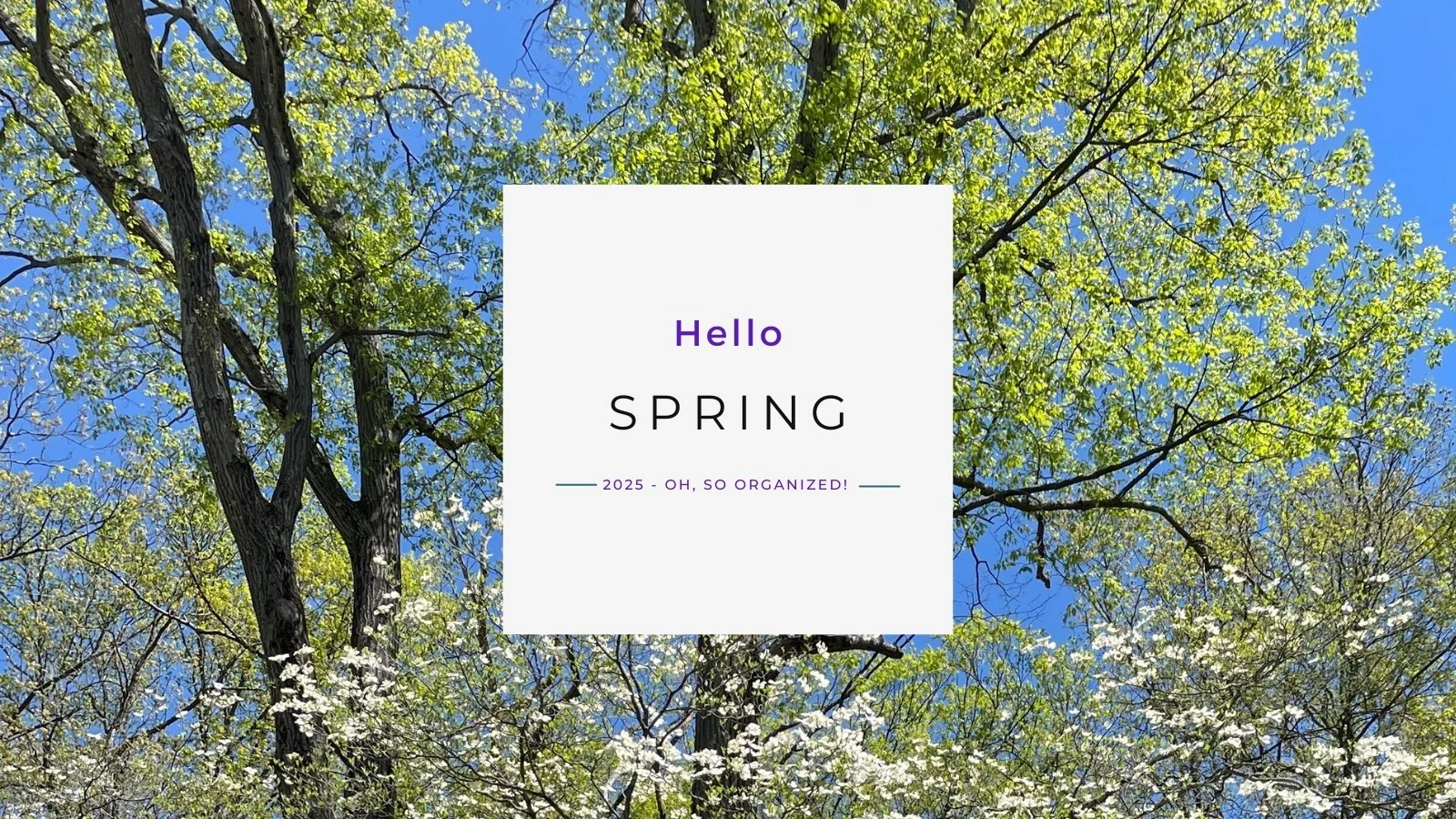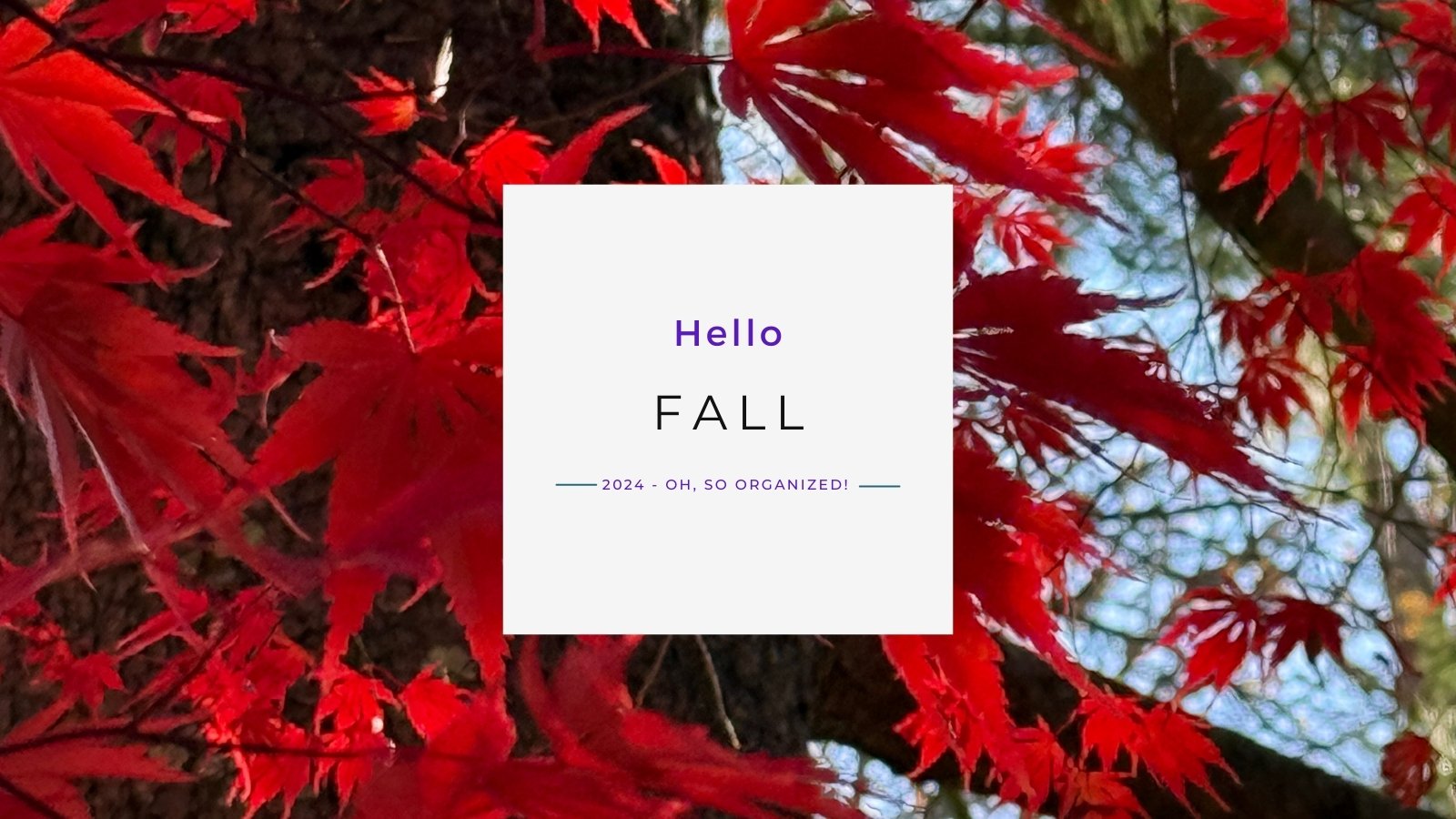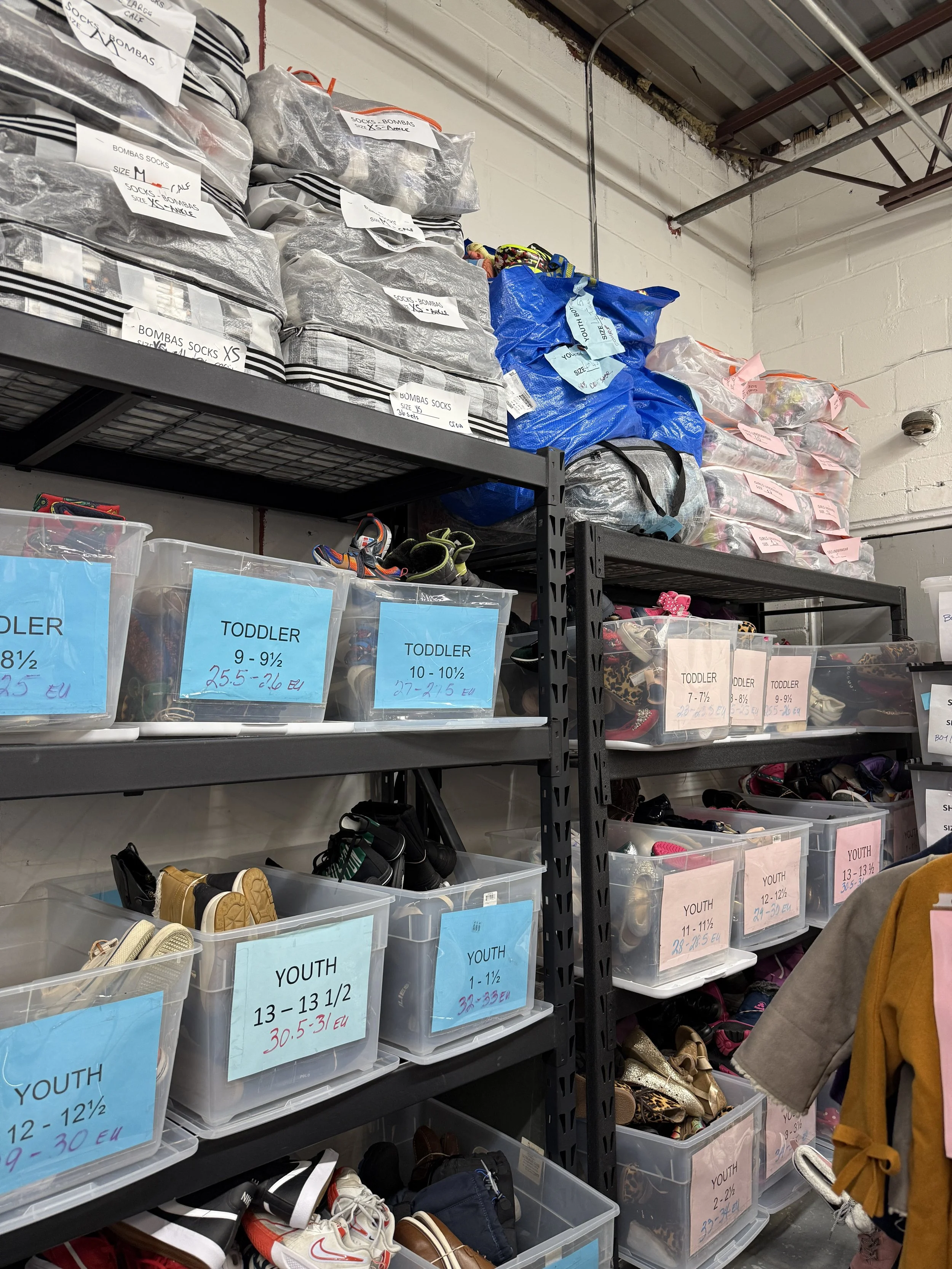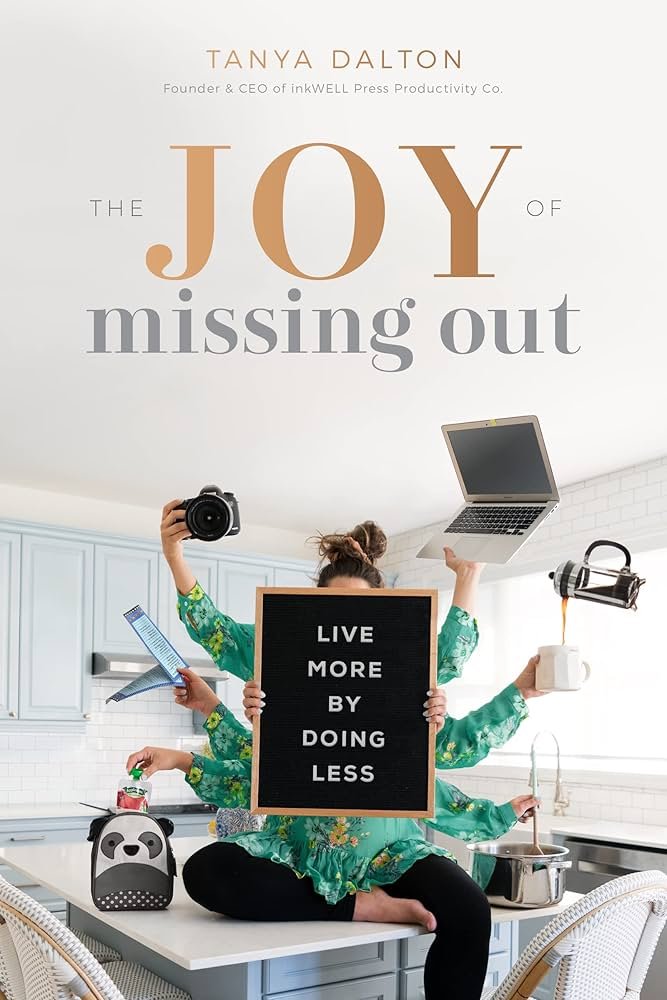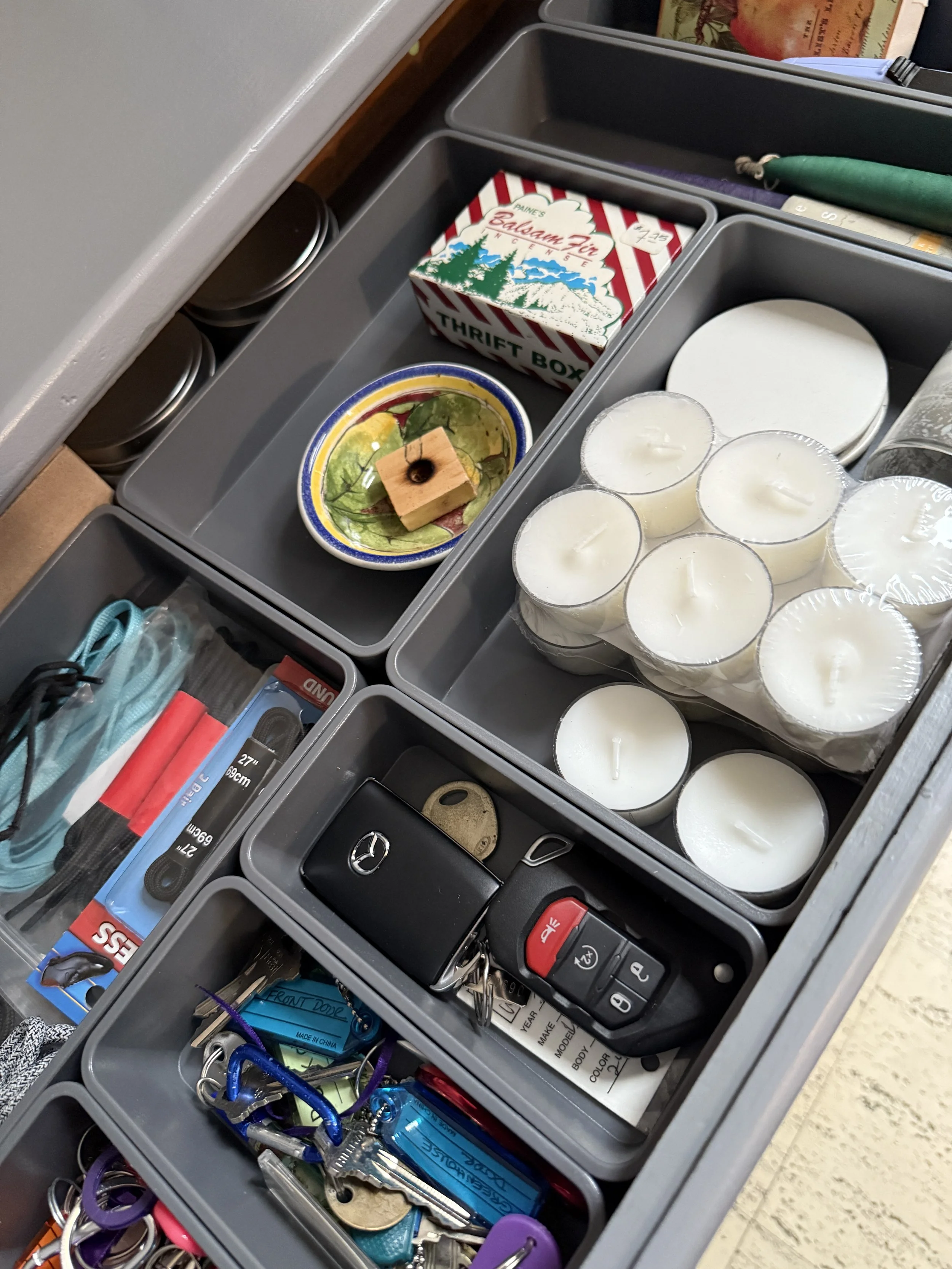The start of a new year can feel hopeful. It’s a chance to try new things, set your goals, adopt healthier habits, and lean into the fresh-start energy the new year brings.
Unlike the end of the year, when you might have been working furiously to complete those last few projects or tasks, January feels different. It’s like a blank journal. There are no entries yet, only possibilities. The story has time to unfold and be written.
Here are some questions to consider as you write your story:
What will your pages include?
Do you foresee challenges?
Are you picturing successes?
What are you looking forward to?
What do you want to invite in?
What do you want to let go of?
What projects, plans, travel, or gatherings will be included?
Will your year bring growth, stability, change, or something else?
Fresh Starts
I’m still working through my year-long planning process, which has evolved over time. Some years it has been more involved than others. Last year, my plan was almost non-existent. I was under a tight deadline from the end of December into January. The project completion overlapped with the time I typically use to review and plan. By the time I came up for air, I opted to forgo the ‘planning gymnastics’ I usually do and simply let go. Instead of intensive reviewing and future-thinking, I let the days flow.
This year, however, I returned to reviewing and planning because I missed doing it. I’m taking note of the more casual process from last year and layering it over this one. I don’t want to make the planning process burdensome or too elaborate, as it has felt in the past.
I’m gifting myself time to review and prepare at a non-pressured pace. The process involves several tasks, which include:
Review Last Year’s Calendar – This section is complete. I noted workshops given, major projects, day trips and vacations, gatherings hosted, conferences and meetings, learning experiences, volunteer activities, and time with family, friends, and clients.
What I observed: There was a good balance between work, play, and volunteering, alone and people time, and home and away time.
Revisit Previous Planning Tools – Already completed. I reviewed my goals and planning materials from past years. It was fun to see what information I captured, whether it was helpful, what goals I set, and which goals were relevant to bring forward. One thing I definitely want for this year is to simplify my process.
What I observed: There is value in reviewing and capturing those observations in a visual format. It’s also useful to change things up so the process doesn’t feel stale.
Look at iPhone Photos – With a few projects I worked on at the end of last year, I already did a quick pass through the photo library. However, I want to take a longer look so I can “feel” and understand the year visually.
What I observed: I love taking photos, as evidenced by the volume of images and videos I have taken. These images capture the sights and sounds of nature, people, places, and events. They also feature saturated color, light, shadow, and many close-up details.
Read Journal – Reread last year’s entries to identify patterns, significant events, lessons learned, challenges, successes, and the general mood or feeling for the year.
Three Things Reflection – Fill out the questions adapted from The Compass Journal. This is one of the tools I’ve used for years and didn’t do last year. I missed it, so I’m working through it again this year. I’m partly done, but I want to read my journal first to help me complete this exercise.
Select Word or Motto of the Year – This is another exercise I let go of last year. I opted not to choose a word and settled on a motto only. I liked the 2024 motto, “You got this,” so much that I repeated it for 2025. However, for 2026, I want something new. I compiled a list of potential words and motto options. Nothing is quite right yet, so I’ll let those simmer a while longer before I commit. I’m still uncertain whether I’ll choose a word and a motto, or just one.
“Lean into the fresh-start energy the new year brings.”
Young Blooms
Recently, I received a lovely gift—a jar with a hyacinth bulb in water. My friend told me it would thrive indoors as long as I gave it sun and kept it watered. Weeks passed, and finally the milky-white blooms began to open.
It felt quite magical. One day, they were invisible, and the next, they were in full view. Since then, I’ve been enjoying their perfumey fragrance and the unfolding of more blooms.
What a beautiful analogy for this new year. Tend to your garden. Water it. Give it the nourishment it needs. Your blooms will arrive, bringing wonder, joy, and growth.
Welcome Perspectives
One value of embracing a clean slate is the openness it brings. Instead of superimposing your familiar thought patterns, habits, or conventions on the clutter, you have an opportunity to see things in a new way. The vastness gives us space for a different perspective.
Especially if you’ve been feeling stuck or overwhelmed, having space to see things in a new way is helpful. You can sort things out on your own or ask a trusted source for help.
Several weeks ago, Todd Henry posed this question, which I thought could be helpful for you. He asked,
“What problem are you wrestling with solo that would benefit from outside input or perspective this week?”
Design the year you envision. And if you’re stuck, reach out for help. You don’t have to go this alone.
What Will Your New Year Be Like?
There are many ways to make the most of the new year. I shared a few ways to craft your year. Do any of these resonate with you? What is your process for designing your year? Are you doing anything differently this year?
I’d love to hear your thoughts. I invite you to join the conversation.
How Can I Help?
Do you feel overwhelmed, disorganized, or stressed? Would you like to make changes this year? I’m here to help! Virtual organizing is an extraordinary path forward – Local feel with a global reach.
Let’s connect! I’m easy to reach.
Schedule a Discovery Call
Fill out the Contact form
Email me at linda@ohsorganized.com or
Call 914-271-5673
Getting organized and making changes are possible, especially with support.










